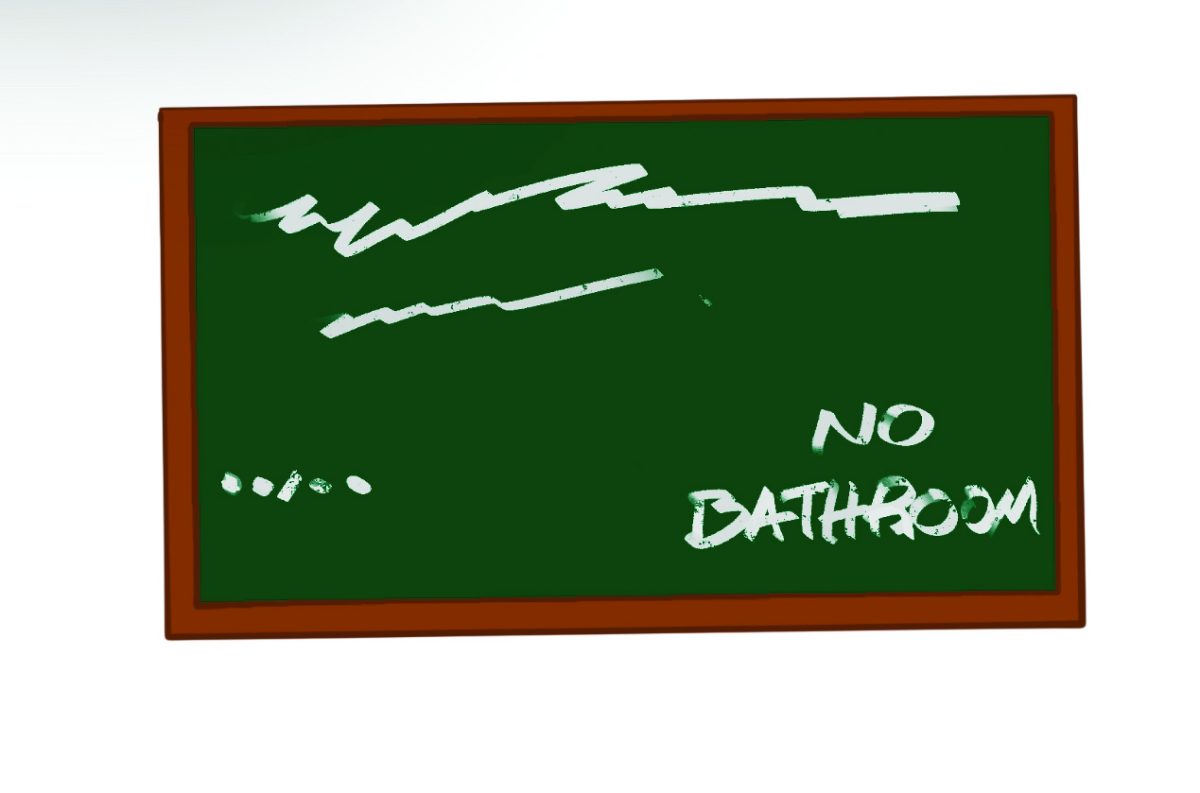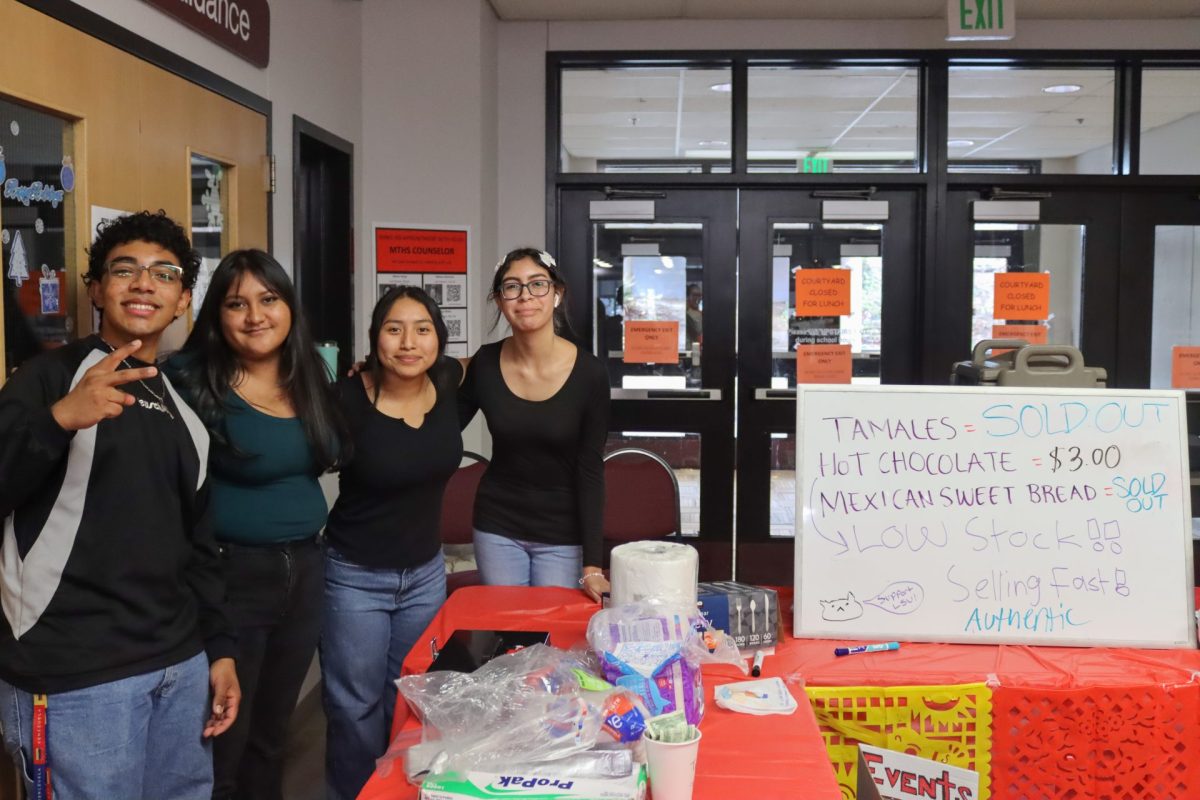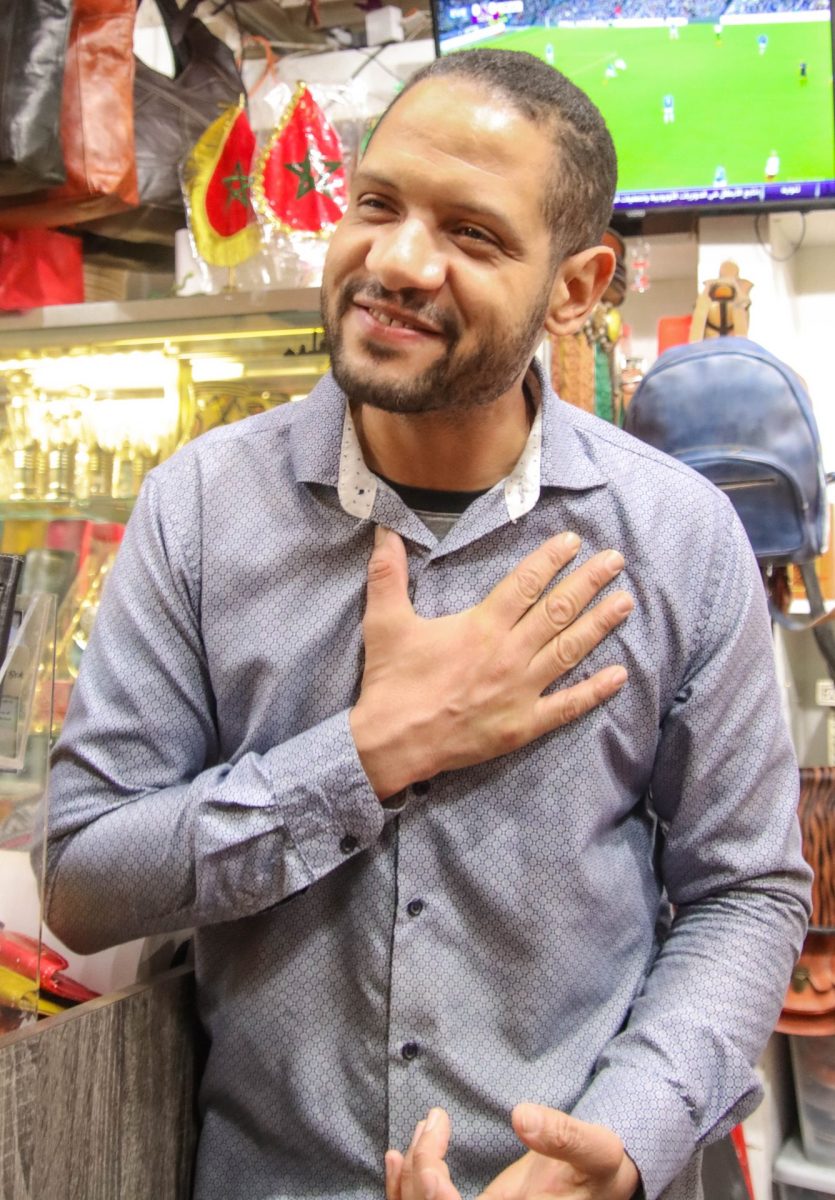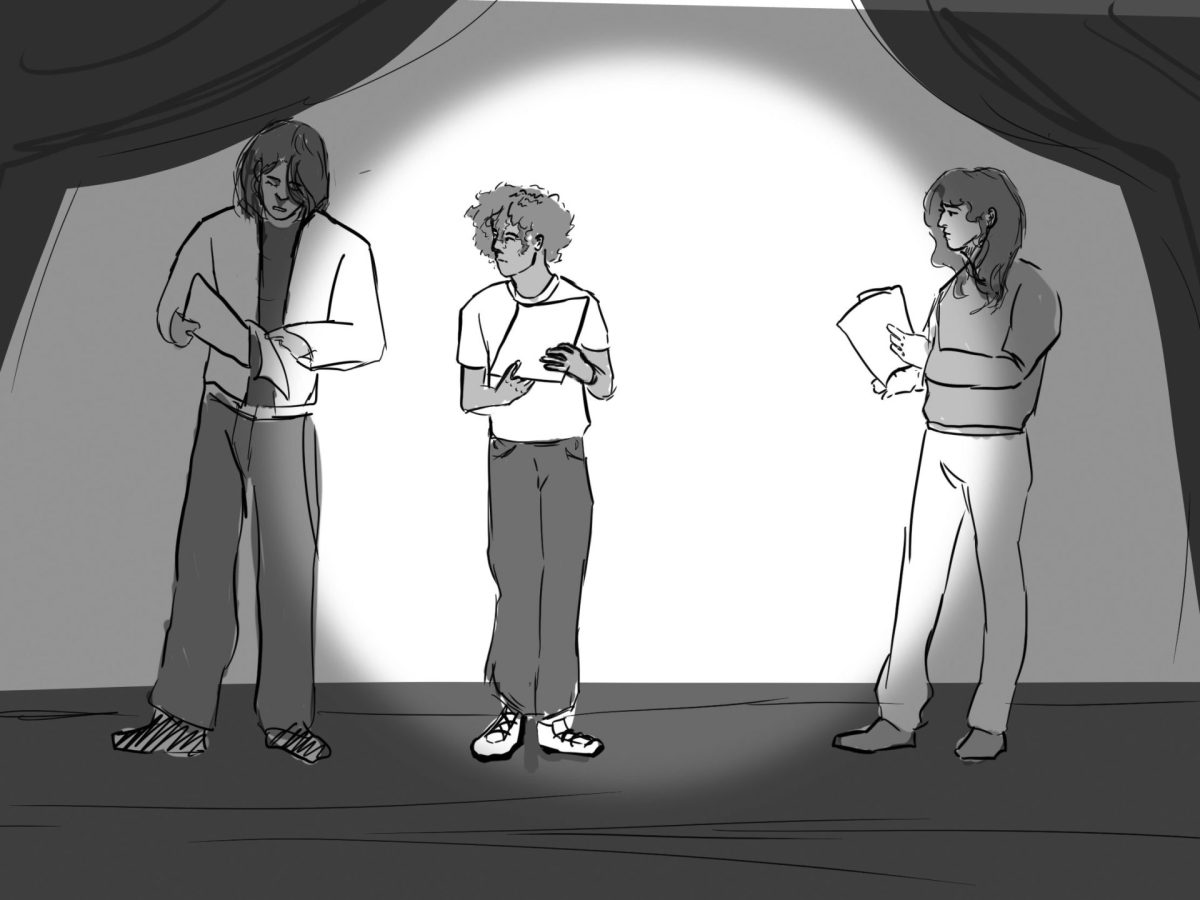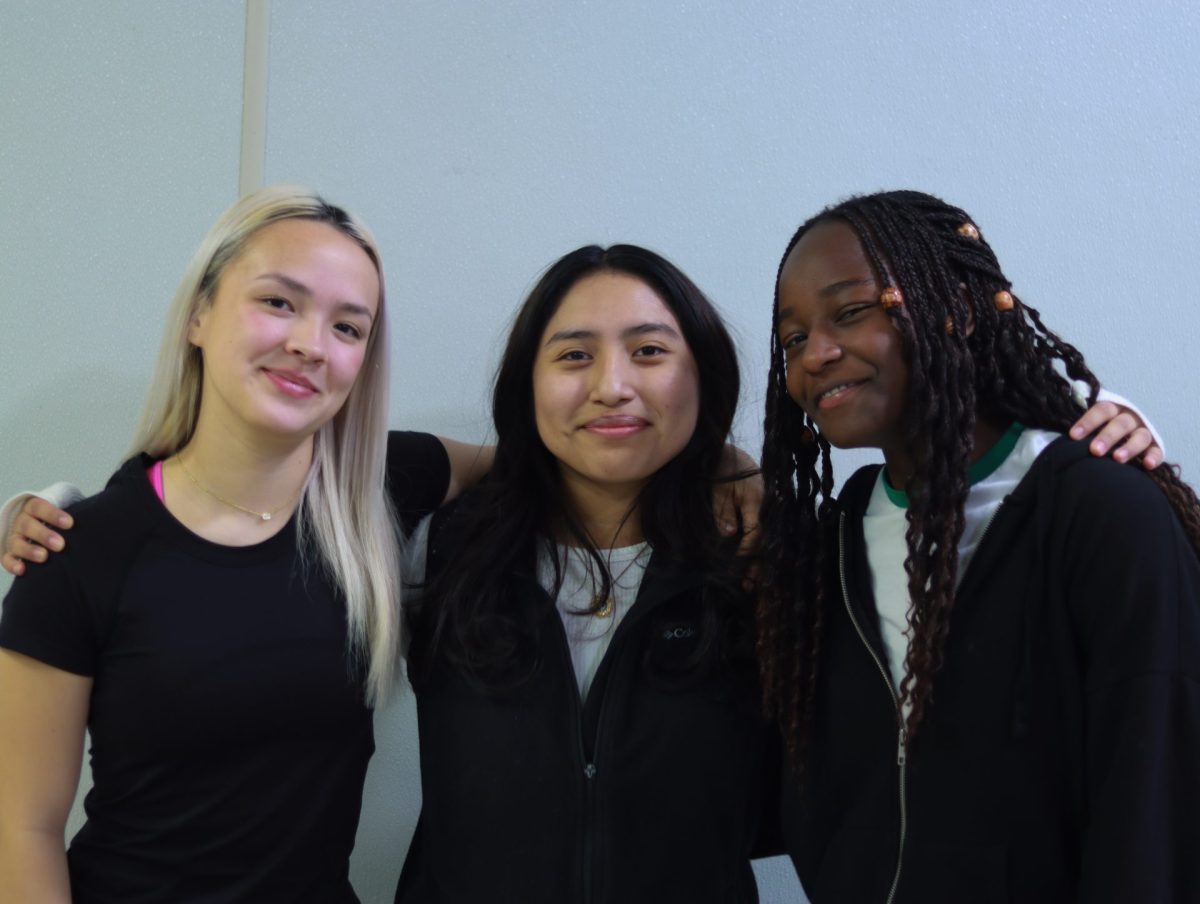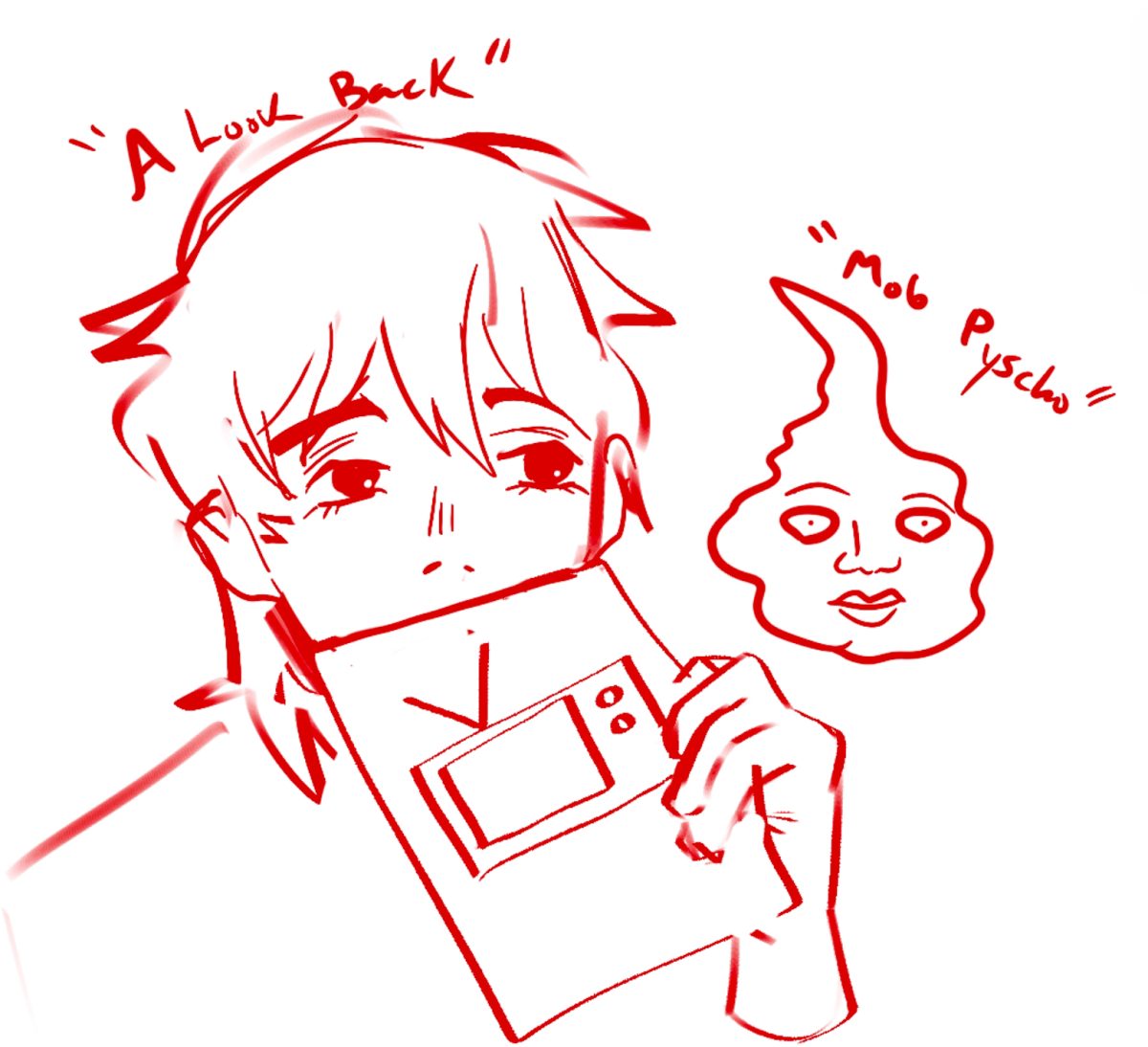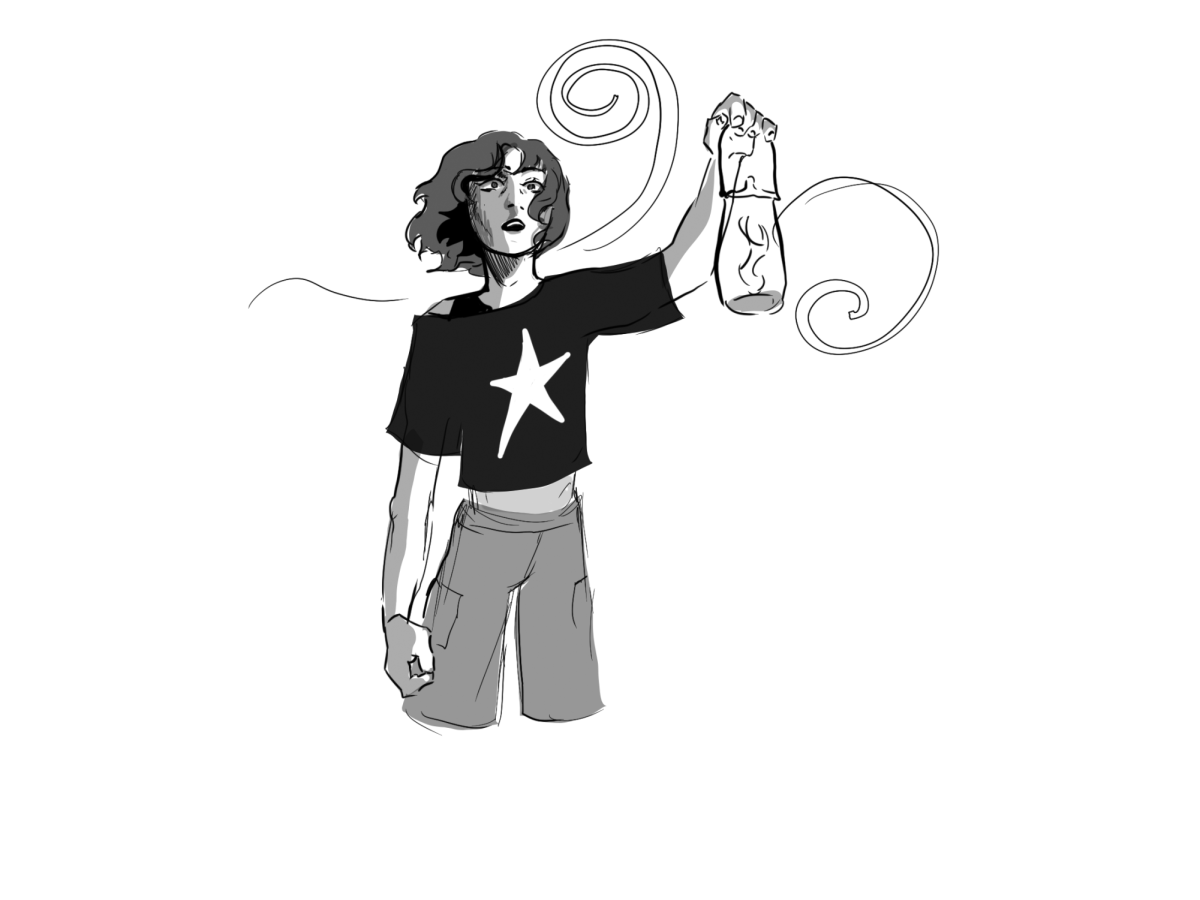In the year 507 B.C.E., the Athenians of ancient Greece introduced political reforms called demokratia, or “rule by the people.”
Fast forward to today in the United States. As being one of the world’s largest democracies, we are all about the exchange of different ideas in this country. This is something any democracy should stand for – robust debate. The notion spreads everywhere in society, including our public schools.
Nowadays, however, it seems there is a mantra to keep your mouth shut if it means avoiding conflict, especially in our public schools.
Students feel as though their voice doesn’t matter on issues regarding things as specific as school issues or even as broad as problems in society.
This is a dangerous notion.
A notion of silence in a day and age where young student voices are most needed, for in fact we are the future of this country.
Should we not speak out?
Our schools should be the breeding ground for fiery and controversial discord, not the opposite.
In fact, it should be a main priority for any school to be inclusive and accept differing opinions; whether conservative or liberal, Republican or Democrat, religious or atheist – it doesn’t matter. Just because someone may have a radical or minority opinion we should not discourage them to voice it.
At MTHS, for example, we have open Associated Student Body (ASB) meetings to the general student populace to voice our concerns in our student government or school policies. To add on, the Hawkeye serves as an open public forum for students to write letters to the editor and guest editorials to share their opinions.
Both of these outlets were used very effectively last year as students voiced their concern for the spirit week theme, “battle of the sexes,” which was ultimately changed.
Not only are students afraid to speak their voice at the full extent that a democratic society should be doing so, many public schools interfere with free speech and public debate.
Take Rutgers University for example, recently on their website, which is maintained by the Bias Prevention and Education committee, wrote, “[there] is no such thing as ‘free speech’” and to “think before you speak.”
This dilutes the concept of democracy, when publicly funded institutions discourage free speech and openly sharing other opinions.
No one should be afraid to say what they believe needs to be said. This goes for students especially, whether in high school or college.
This idea of robust debate and democracy is not new, but for some reason it sometimes seems to be a radical proposition to speak one’s mind.
A society cannot progress if different views are ostracized, marginalized and silenced. Your voice matters no matter where you are – and that goes for school, too.
Controversial issues are everywhere, and the viewpoints range from staunch conservatism to radical liberalism and everywhere in between. And no matter how much one vehemently disagrees with another, nobody’s view can be truly valued as more important as the other.
Whether it is from an administrator, the government or even from your cohorts, silence is never the answer; discussing differences in opinion is always better and more effective.
Many of the controversial issues we face today cannot be swept under the rug and everyone needs to be a part of the discussion at hand.
Many of this may seem obvious, but when one looks deeper into this issue, there is a realization that many voices are being undermined, and that undermining happens to many students.
Don’t capitulate to the growing stigma that only certain voices count in our democracy, for that defeats the essential purpose of democracy.
Speak your mind before you can’t anymore.


